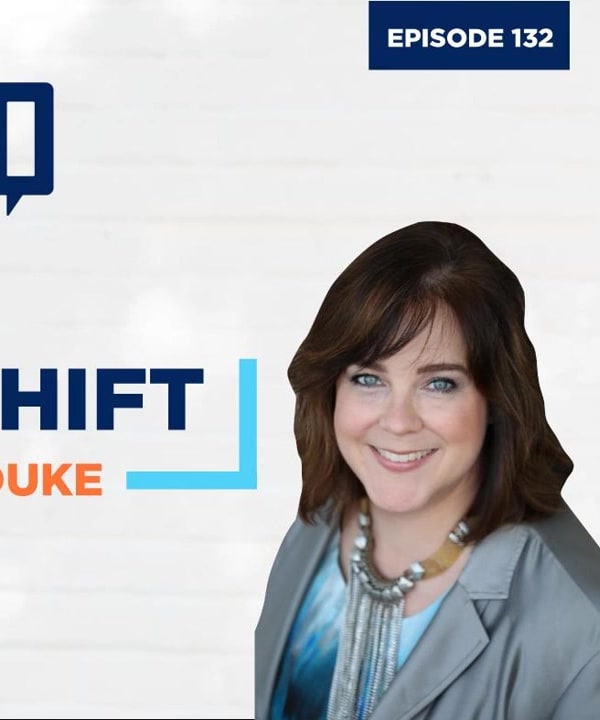How do values relate to finances?
Sources:
Values significantly influence financial decisions, guiding where resources are allocated and ensuring spending aligns with what matters most. Here are some key insights from Brad Barrett and his guests:
-
Align Spending with Values: Lisa Duke advises starting financial planning by identifying what is most important and allocating funds toward those priorities. This approach suggests making essential values-based expenses (e.g., saving for college or retirement) a first priority, with less critical spending adjusted accordingly. This alignment ensures money goes first to what truly matters 1.
-
Freedom and Happiness: Jonathan Mendosa and Todd Tresidder discuss that matching financial goals with personal values is crucial for true happiness and financial freedom. They emphasize that valuing personal choices, even those seen as extravagant by others, is key for fulfilling one's financial journey. Respecting your own values in financial planning leads to a more content and fulfilling life 2.
-
Value-Driven Financial Independence: Brad Barrett highlights the importance of understanding and pursuing what you truly value in life, rather than adhering to extreme frugality or deprivation. Setting up a life framework that doesn't cost much, but focuses on valued experiences, leads to balanced and rewarding financial independence 3.
-
Awareness and Mindset: Building awareness of your financial habits and mindset is a critical first step, as noted by Brad Barrett in conversation with Chris Hutchins. Understanding current financial status and aligning it with personal values helps make informed decisions 4.
-
Practical Steps and Reflective Practices: Jen from the ChooseFI podcast suggests practical steps to gain awareness, such as reviewing recent transactions to identify spending patterns and questioning whether those expenditures align with personal values. This reflective practice can reveal where adjustments can be made to better match financial actions with what is truly valued, ensuring spending is both fulfilling and sensible 5.
Overall, aligning financial decisions with personal values ensures that money is spent in ways that support long-term happiness and financial well-being.
RELATED QUESTIONS-



